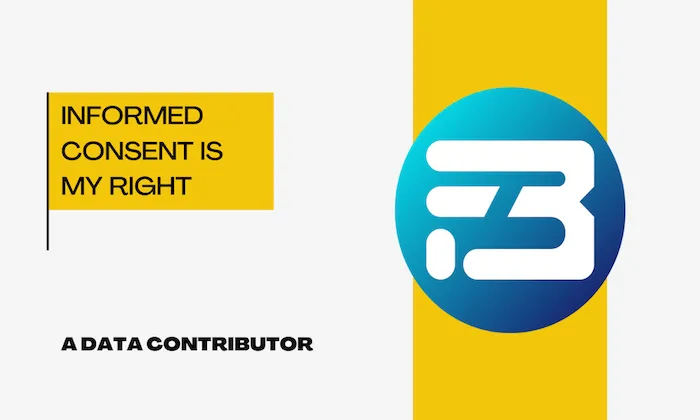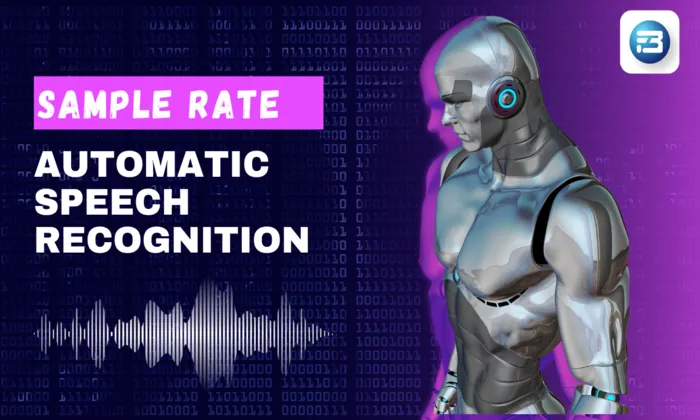What is open-source vs proprietary speech data?
Speech Data
Technology
Speech AI
Understanding the difference between open-source and proprietary speech data is crucial for organizations utilizing speech technologies. Each type of data offers unique benefits and challenges that can affect how AI models are developed and deployed.
Defining Open-Source Speech Data: Accessibility and Variability
Open-source speech data is publicly available and can be freely used, modified, and shared. Examples include Mozilla's Common Voice and LibriSpeech, which provide vast collections of speech recordings in multiple languages and accents. This accessibility encourages community engagement and innovation, allowing researchers and developers to experiment with minimal financial constraints.
However, open-source datasets can vary in quality due to diverse recording conditions, speaker representation, and annotation consistency. These factors can affect the performance of AI models, making it crucial to assess data quality before use.
Understanding Proprietary Speech Data: Quality and Control
Proprietary speech data is owned and controlled by specific organizations. This data is often collected with strict guidelines to ensure high quality and relevance for particular applications. Companies like FutureBeeAI specialize in creating proprietary datasets tailored to client needs, ensuring they meet specific project requirements.
Proprietary datasets come with licensing agreements that dictate their use, offering greater control and customization but potentially limiting collaboration due to usage restrictions. The high quality and focus on real-world applications make proprietary data a valuable resource for improving AI model performance.
Why This Distinction Matters
Choosing between open-source and proprietary speech data can significantly impact AI projects. Open-source data is advantageous for its accessibility and community-driven nature but may present challenges related to data quality and coverage. Conversely, proprietary data provides high quality and specificity, enhancing model robustness but often at a higher cost and with usage constraints.
Operational Mechanisms
Open-source datasets rely on community contributions, with volunteers providing recordings across various environments. This collaborative approach promotes transparency and accessibility.
Proprietary datasets involve structured collection processes, often utilizing professional voice actors and controlled recording environments. This ensures data is tailored for specific applications, such as automatic speech recognition (ASR) or text-to-speech (TTS) systems.
Decisions and Trade-offs
Organizations must consider several factors when choosing between data types:
- Cost vs. Quality: Open-source data is typically free but may have inconsistent quality. Proprietary data, while costly, offers higher quality tailored to specific needs.
- Flexibility vs. Control: Open-source allows for experimentation and flexibility, while proprietary data offers controlled and precise usage.
- Community vs. Customization: Open-source benefits from community diversity, whereas proprietary datasets can be customized for specific project requirements.
Avoiding Common Pitfalls in Speech Data Utilization
Experienced teams often overlook data quality, assuming all data will suffice. Evaluating the relevance and quality of datasets is essential for optimal model performance. Additionally, understanding licensing terms is crucial to avoid compliance issues, particularly with proprietary data.
Trends in Speech Data Utilization
Recent trends emphasize diversity in datasets and advancements in data annotation technologies. Ensuring diverse speaker representation and accurate annotations are crucial for developing robust AI models.
For organizations requiring high-quality, domain-specific speech data, FutureBeeAI offers customized datasets tailored to your project's unique requirements. Contact us to explore how our expertise can support your AI initiatives.
Smart FAQs
Q. What are the benefits of using open-source speech data?
A. Open-source speech data promotes accessibility and community involvement, fostering innovation without significant financial barriers.
Q. How can proprietary speech data enhance AI model performance?
A. Proprietary speech data is curated for specific applications, offering high quality and relevance that improves model performance and alignment with real-world scenarios.
What Else Do People Ask?
Related AI Articles
Browse Matching Datasets
Acquiring high-quality AI datasets has never been easier!!!
Get in touch with our AI data expert now!








